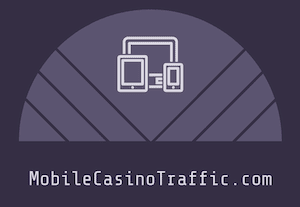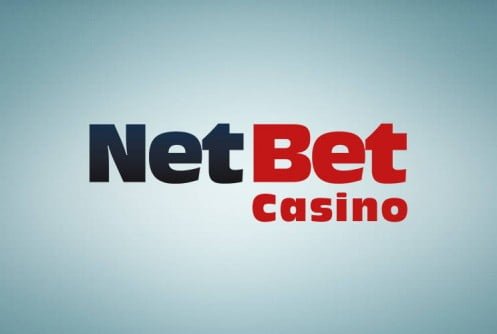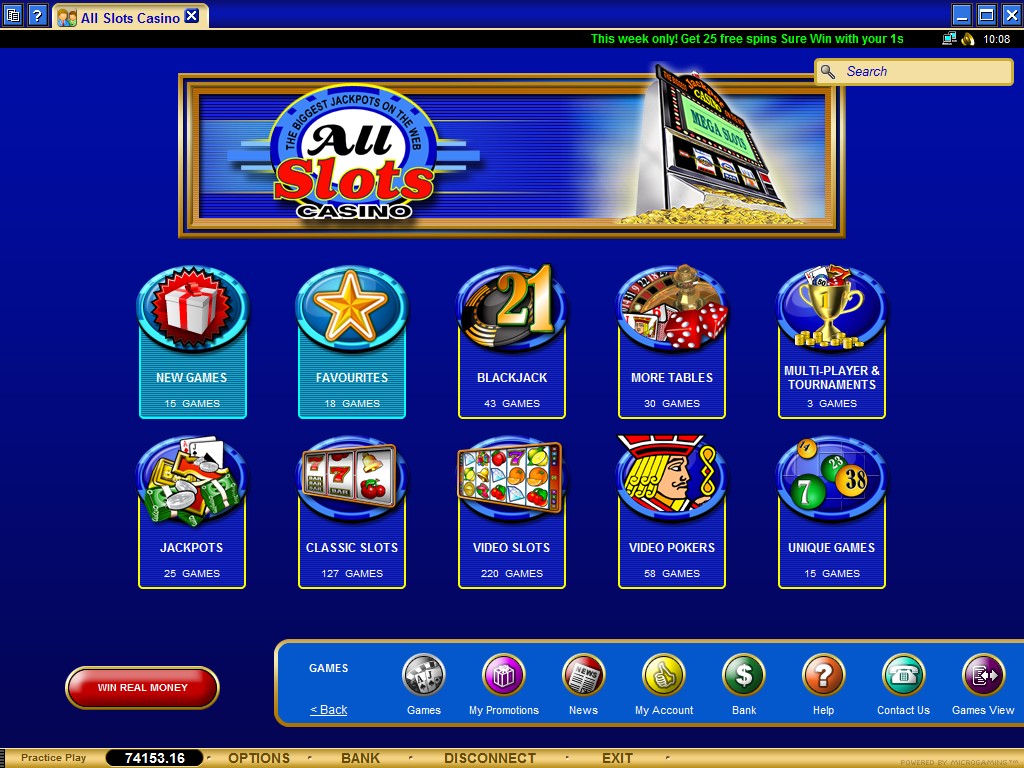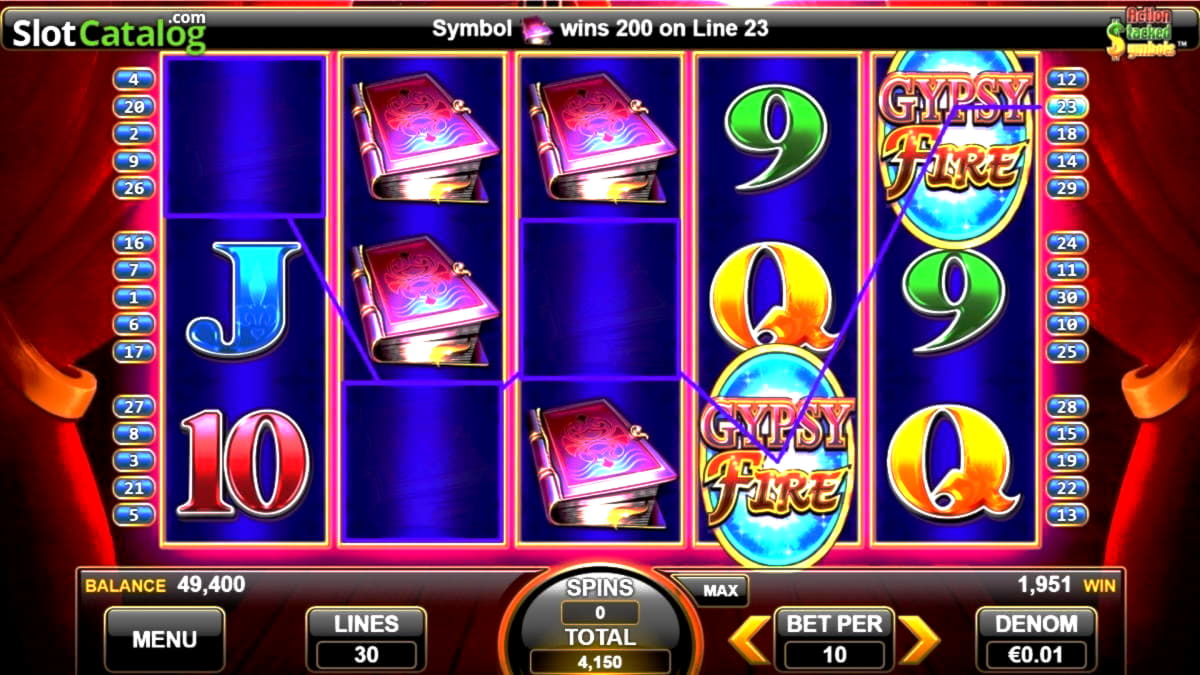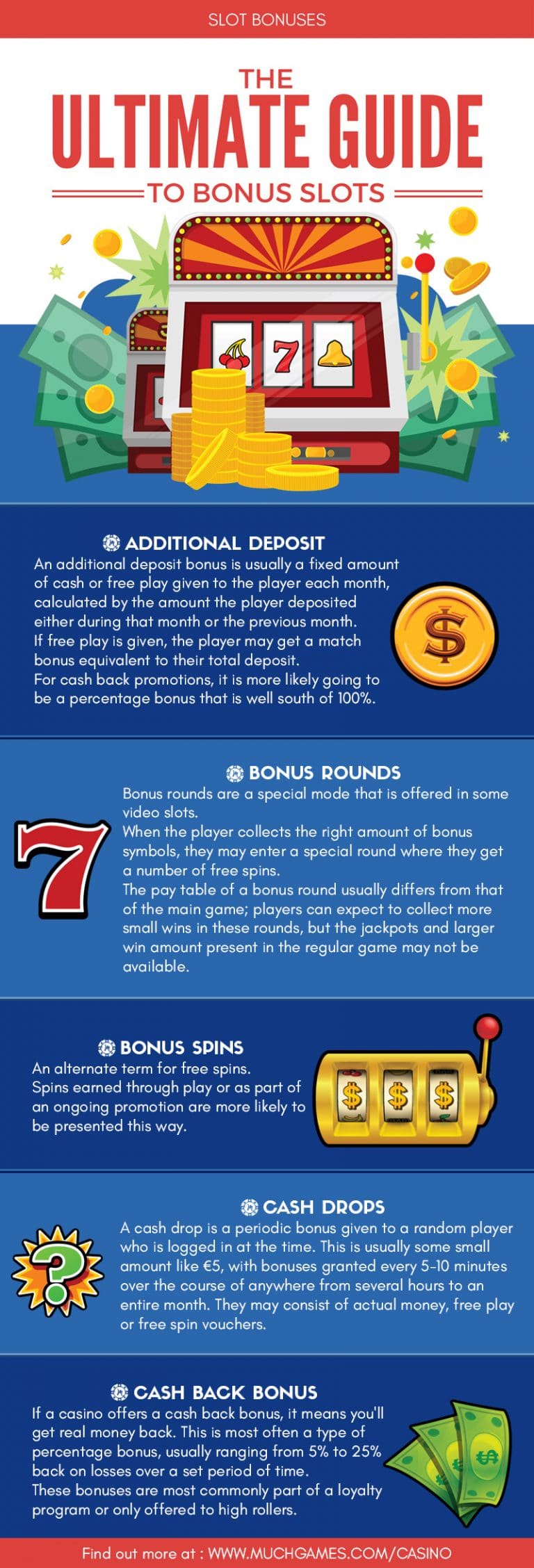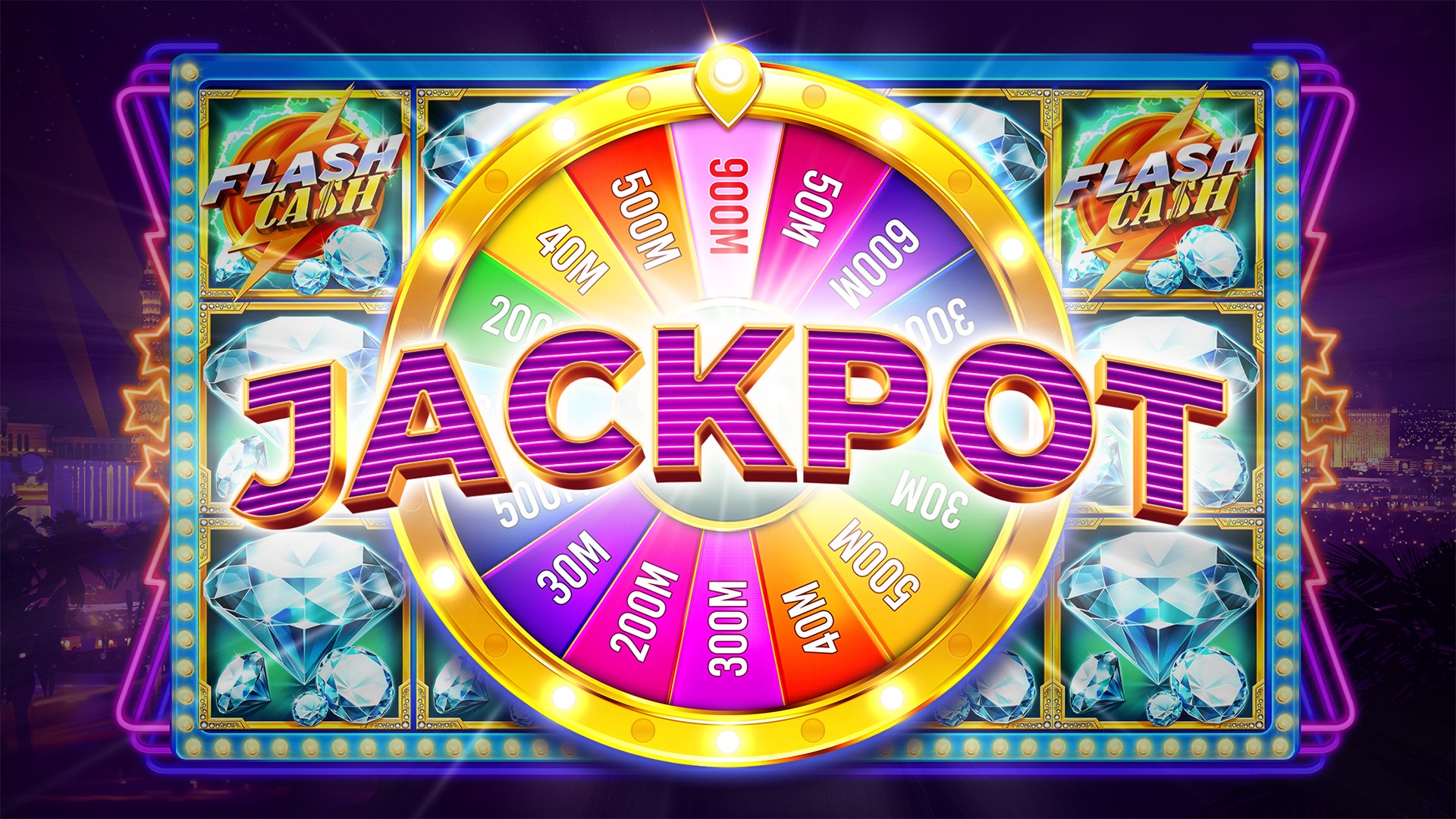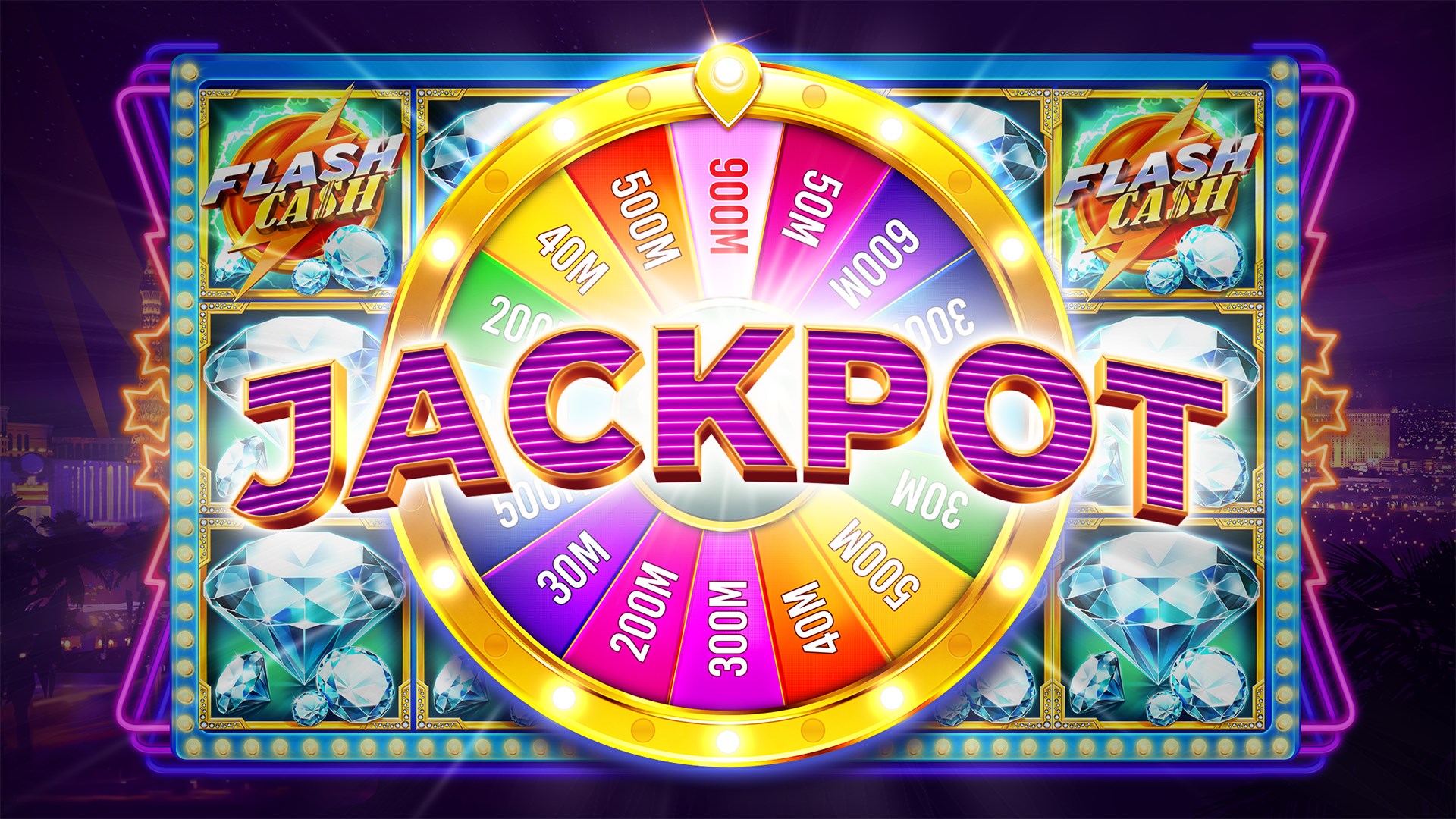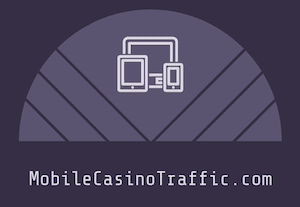Life Beyond Betting: The No Casino Movement
The Impact of No Casino Movement

Advocacy for Responsible Gambling
18+ only T&C’s Apply. BeGambleAware.org
The responsible gambling movement is predicated on the belief that individuals should have the autonomy to manage their gambling habits. This approach aligns with the American value of self-reliance, as noted by Joseph Watkins, president of World-Pay Gaming Solutions. Critics, however, contend that the effectiveness of this strategy is questionable, with tools designed to self-regulate often underutilized.
- Advocates argue for personal accountability in gambling.
- Critics highlight the low usage of self-regulation tools.
- The contrast between U.S. ‘responsible gambling’ and U.K. ‘safer gambling’ approaches.
The challenge lies not in the availability of tools but in their adoption and the cultural attitudes towards gambling.
In the U.K., a shift towards ‘safer gambling’ suggests a more proactive regulatory stance. This is in stark contrast to the U.S. where the emphasis is on the gambler’s responsibility to use available tools. The debate continues as to which method is more effective in preventing problem gambling.
Banking Industry’s Role
18+ only T&C’s Apply. BeGambleAware.org
The banking industry, often seen as a peripheral player in the gambling ecosystem, is now recognized for its potential to be a significant force in promoting responsible gambling. Banks hold reams of transaction data that can indicate which customers may have gambling problems. This data, when used ethically, can help identify problematic behavior and support interventions.
Financial institutions are uniquely positioned to offer innovative solutions for problem gambling. For instance, they can implement tools that allow customers to block transactions related to gambling, thereby providing a self-imposed safeguard for those at risk. Moreover, banks can develop algorithms to detect patterns of gambling addiction, offering a proactive approach to customer well-being.
The role of banks extends beyond mere transaction facilitators; they have the capability to act as guardians against gambling-related financial harm.
While the industry has not yet taken widespread proactive approaches, the movement towards responsible gambling advocates for a more active role for banks. Skeptics question whether gambling operators will take aggressive action due to their reliance on revenue from frequent gamblers. However, the financial sector, unlike gambling companies and tax-benefiting states, does not have a vested interest in maximizing gambling revenue, positioning it as a potentially impartial arbiter in the fight against problem gambling.
Innovative Solutions for Problem Gambling
18+ only T&C’s Apply. BeGambleAware.org
The digital transformation of betting has brought about a unique opportunity to address problem gambling through innovative solutions. One benefit of the predominance of online betting is the ability to track and analyze user behavior. This data can be pivotal in identifying early indicators of potential gambling issues, often within the first 90 days of activity on a platform.
The industry is recognizing the need for proactive approaches to identify and mitigate problem gambling behaviors before they escalate.
Collaboration between financial institutions and gambling operators is crucial. By sharing insights and data, they can develop systems that flag problematic behavior. For instance, markers of financial vulnerability can be correlated with gambling spending to detect signs of distress.
- Tailoring responsible gambling messages to younger demographics
- Unifying access to help for problem gambling
- Researching online play patterns to predict potential issues
Sportsbook apps and other betting platforms are beginning to understand that responsible gambling tools are not just for problem gamblers but are preventative measures for all users. The challenge lies in changing user perceptions and encouraging the adoption of these tools as part of a normal betting routine.
The Rise of No Casino Initiatives

Challenges in Curbing Problem Gambling
18+ only T&C’s Apply. BeGambleAware.org
The No Casino Movement faces significant challenges in addressing problem gambling, particularly in the digital age where the allure of online betting is ever-present. Banks play a crucial role in this battle, providing credit to bettors who have exhausted their savings and offering potential safeguards for those at risk.
The complexity of online betting has transformed the landscape of gambling, making traditional methods of curbing problem gambling less effective.
Despite the difficulties, there are actionable steps that can be taken:
- Implementing transaction monitoring systems to detect signs of problem gambling.
- Collaborating with gambling operators to identify and intervene in problematic behavior.
- Educating customers on the risks associated with gambling and the tools available for self-protection.
Research indicates that 2.1 million people in the country are affected by problem gambling, representing about 3% of the population. This statistic underscores the urgency for innovative solutions and proactive measures to prevent gambling-related financial crises.
Financial Industry’s Responsibility
18+ only T&C’s Apply. BeGambleAware.org
The financial industry, often seen as a neutral party in the gambling ecosystem, holds a unique position that could be pivotal in the fight against problem gambling. Banks have the capability to monitor and flag unusual spending patterns, potentially identifying problematic behavior before it escalates.
Problem gambling is not just an issue for the individual; it has wider societal implications. The financial sector can play a crucial role by implementing measures such as:
- Communicating with young and vulnerable populations about the risks of gambling.
- Providing customers with tools to track and control their gambling expenditure.
- Collaborating with gambling operators to develop systems that detect signs of gambling addiction.
The industry hasn’t taken true proactive approaches, but the financial sector doesn’t have a vested interest in maximizing gambling revenue, positioning it as a potential catalyst for change.
While the responsibility of curbing problem gambling does not solely lie with banks, their proactive engagement could lead to significant strides in promoting responsible gambling behaviors.
Youth and Vulnerable Populations
18+ only T&C’s Apply. BeGambleAware.org
The No Casino Movement has brought to light the urgent need to protect youth and vulnerable populations from the risks associated with gambling. The United States is heading into a quagmire of gambling addiction among young people, a situation that demands immediate attention and action.
The industry’s current measures are not sufficient to prevent the escalation of problem gambling among the youth.
It is essential to understand the financial behaviors that signal potential gambling issues. Research into gambling payments has identified markers of financial vulnerability, such as the inability to withstand a financial shock, which correlate with gambling spending. For instance, a study analyzing online casino players’ data revealed clusters of customers at risk, including those with high decline rates and low deposit amounts.
Collaboration between financial institutions and gambling operators is crucial to identify and mitigate problematic behavior. The industry, as noted by Jonathan Michaels, a consultant on payments issues, has yet to take proactive approaches. This partnership is vital for developing effective interventions and support systems for those at risk.
- Financial Vulnerability and Gambling:
- Markers of financial shock
- Correlation with gambling spending
- Collaboration for Prevention:
- Financial institutions and operators
- Proactive identification of risks
The No Casino Movement advocates for a multifaceted approach to address these concerns, emphasizing the importance of regulatory measures, ethical practices, and the promotion of financial literacy and accountability.
Regulatory Measures and Ethical Practices

Banking Industry Recommendations
18+ only T&C’s Apply. BeGambleAware.org
The banking sector holds a pivotal role in the No Casino Movement, with various stakeholders advocating for improved corporate ethical practices. Banks are urged to adopt measures that foster trust and accountability in their operations, directly impacting the gambling ecosystem.
Credit card bans for gambling transactions are a significant step, aiming to reduce the ease of access to funds for gambling.
Promotion of a National No Gambling Day could mirror the success of similar public health initiatives, encouraging a collective pause on gambling activities.
Endorsement of mandatory warnings on gambling apps and slot machines, ensuring users acknowledge the risks involved with their own funds.
The banking industry’s engagement in ethical practices is not just beneficial for the individual but also for the broader community, fostering a culture of responsible gambling.
Further ideas include the integration of advanced technologies such as artificial intelligence and cyber security measures to detect and prevent problematic gambling behaviors. The synergy between technological innovation and ethical banking can pave the way for a more responsible gambling environment.
Warning Systems for Gambling Apps
18+ only T&C’s Apply. BeGambleAware.org
In the realm of online gambling, warning systems for apps are becoming increasingly sophisticated, aiming to promote responsible gambling practices. Apps can administer brief interactive quizzes that help gamblers honestly gauge if their gambling falls into problematic patterns. For example, punters can know when to take a break or seek professional help based on their quiz responses.
The use of visual signals, such as green, yellow, and red lights, can guide users to safer gambling behaviors without being intrusive. This method of ‘traffic light’ signaling is a subtle yet effective way to indicate the risk levels associated with gambling activities at any given moment.
The integration of automated messages and alerts, akin to fraud protection notifications from banks, serves as a real-time intervention for users. These alerts can be triggered by unusual activity or patterns that suggest problematic gambling.
Furthermore, sportsbooks have implemented delay mechanisms for changing self-imposed limits, ensuring that decisions are not made in haste. Despite these advancements, it is crucial to note that uptake of such tools remains low, with many users perceiving them as measures meant for others, not themselves.
Financial Literacy and Accountability
18+ only T&C’s Apply. BeGambleAware.org
Financial literacy is the cornerstone of responsible gambling and overall financial well-being. It involves the ability to understand and effectively apply various financial skills, such as budgeting, investing, and personal financial management. The enhancement of financial literacy can significantly reduce the risks associated with gambling by empowering individuals to make informed decisions about their spending and saving habits.
Casinos and betting platforms should prioritize the education of their users on financial literacy. This could include the provision of resources and tools that assist in tracking spending and understanding the odds of games. A proactive approach in this area can lead to a more ethically responsible industry, where consumers are better equipped to engage in gambling activities without risking financial harm.
By fostering financial literacy, we not only curb problem gambling but also instill a culture of accountability and informed decision-making in the realm of personal finance.
Here are some practical steps that can be taken to promote financial literacy:
- Collaborate with educational institutions to integrate financial education into the curriculum.
- Develop online courses and workshops specifically tailored to gambling-related financial management.
- Partner with financial advisors to offer personalized advice and support to individuals who gamble.
Conclusion
In conclusion, the No Casino Movement represents a significant shift in the gambling industry, with a focus on social responsibility and problem gambling prevention. The movement advocates for banking institutions to play a proactive role in curbing problematic gambling behaviors, emphasizing the need for responsible gambling practices and consumer protection. As the industry continues to evolve, it is imperative for stakeholders to prioritize ethical and sustainable practices that prioritize the well-being of individuals over profit margins. The integration of responsible gambling measures and support for vulnerable populations is crucial for fostering a safer and more sustainable gambling environment. The No Casino Movement serves as a catalyst for change, urging the industry to prioritize social responsibility and ethical conduct in the pursuit of a balanced and sustainable gambling landscape.
Frequently Asked Questions
What is the No Casino Movement?
The No Casino Movement is a social initiative aimed at advocating for responsible gambling and curbing problem gambling by implementing ethical practices and regulatory measures within the gambling industry.
What are the key challenges in curbing problem gambling?
The key challenges in curbing problem gambling include addressing the financial industry’s responsibility, protecting youth and vulnerable populations, and implementing innovative solutions to tackle problem gambling effectively.
What role does the banking industry play in the No Casino Movement?
The banking industry plays a crucial role in the No Casino Movement by recommending ethical practices, promoting financial literacy, and implementing warning systems for gambling apps to prevent excessive gambling.
How can the banking industry contribute to responsible gambling?
The banking industry can contribute to responsible gambling by advocating for regulatory measures, promoting financial literacy, supporting initiatives to curb problem gambling, and implementing ethical practices within the gambling industry.
What are the innovative solutions for problem gambling advocated by the No Casino Movement?
The No Casino Movement advocates for innovative solutions such as warning systems for gambling apps, financial literacy programs, and accountability measures to address problem gambling effectively.
What recommendations does the banking industry have for promoting responsible gambling?
The banking industry recommends promoting financial literacy, implementing warning systems for gambling apps, and advocating for ethical practices to promote responsible gambling within the gambling industry.
